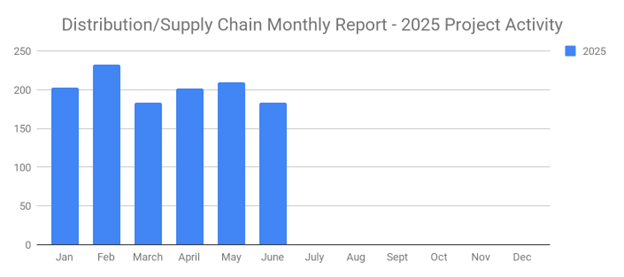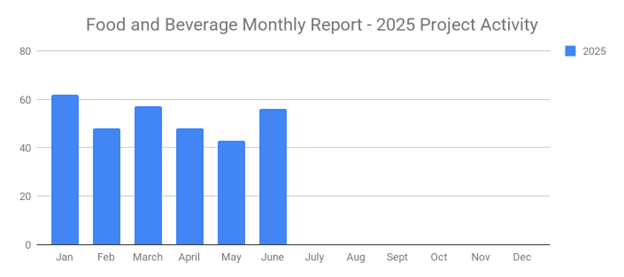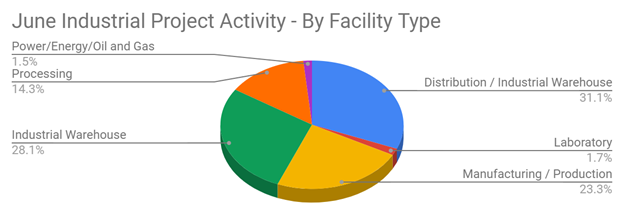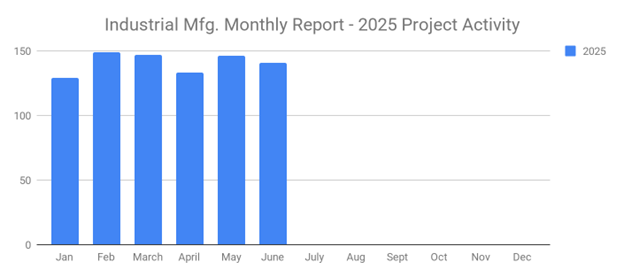
Developing a scalable sales process is essential for long term growth. This is particularly true for industrial companies engaged in short and long sales processes. By building an efficient sales infrastructure, businesses can ensure sustainable growth and effectively capitalize on revenue opportunities. In this article, we will delve into the key considerations for developing a seamless and repeatable scalable sales process that drives success in the industrial sector.
The Scalable Sales Process
One of the fundamental aspects of achieving sustainable business growth in the realm of industrial sales is developing a scalable sales process. This process should be agile enough to adapt to the ever-evolving landscape of the industry while delivering consistent results. Following are some important considerations to keep in mind:
Understanding the Target Market
It is crucial to have a deep understanding of the target market. This includes identifying the specific needs, preferences, and pain points of potential clients. By conducting thorough market research and competitor analysis, businesses can gain valuable insights that enable them to tailor their sales approach and deliver tailor-made solutions.
Building a Strong Value Proposition
In a highly competitive market, it is essential to differentiate your scalable sales process from others. Developing a unique value proposition that clearly communicates the benefits and advantages of your projects is crucial. This can be achieved by showcasing innovative features, sustainable practices, or cost-effectiveness. By articulating a compelling value proposition, businesses can attract and convince potential clients to choose their products / services over competitors.
Establishing Credibility and Trust
A scalable sales process requires building trust and establishing credibility with potential clients. This can be achieved through various means, such as showcasing previous successful projects, highlighting industry expertise, and providing testimonials from satisfied clients. By demonstrating a solid track record and proven expertise, businesses can instill confidence in potential clients, enhancing the likelihood of securing new projects.
Implementing Efficient Lead Generation Strategies
A robust, scalable sales process heavily relies on a steady stream of qualified leads. To generate these leads, businesses must implement effective sales lead generation strategies. This can include leveraging digital marketing techniques such as search engine optimization (SEO), content marketing, and targeted advertising. By reaching out to potential clients through the appropriate channels and mediums, businesses can create a consistent pipeline of sales leads, ensuring a continuous flow of potential projects.
Emphasizing Collaboration and Communication
Successful project development in the industrial sector requires strong collaboration and effective communication. This applies not only to internal team members but also to potential clients and external stakeholders. Establishing clear channels of communication, efficient project management systems, and fostering a culture of collaboration are crucial for meeting project milestones, delivering on promises, and exceeding client expectations.
Next Steps
By forming a scalable sales process, you’ll be able to take short and long term sales cycles to the next level. Understanding the target market, building a strong value proposition, establishing credibility, implementing lead generation strategies, and emphasizing collaboration, businesses can position themselves for success in this competitive industrial sector. By investing in the development of a scalable sales infrastructure, companies can unlock new revenue opportunities and achieve long-term growth.
What to learn more? Get in Touch
Latest Posts
-

June's New Distribution and Supply Chain Planned Projects Return to March’s 183 Confirmed Figure
-

Food and Beverage Rebounds with 56 New Planned Projects Igniting Growth After Decline
-

June 2025’s New Industrial Construction Projects Grew 7% Month-Over-Month
-

Q2 Industrial Manufacturing Soars 31% for Planned Projects Over $100M; June Planned Industrial Projects Hit 141

